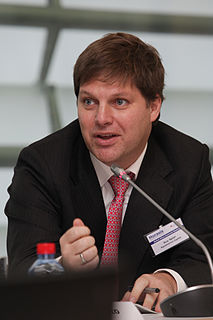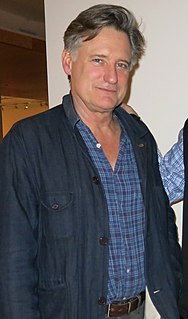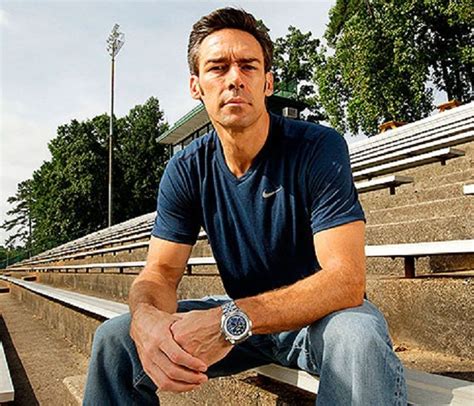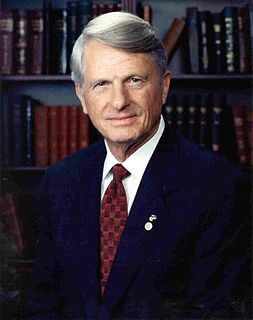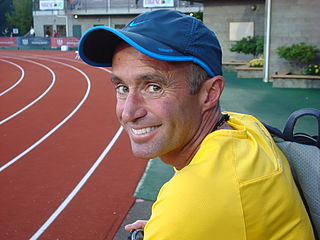A Quote by Terry Teachout
That's something you can't get off the wires in New York is people providing intelligent coverage of what your theater company in Podunk is up to. Many of the people who write what we call amateur criticism are professionals in anything other than name and receiving a paycheck. Very often, they know more than the professional critic who might be writing for their local newspaper. So, really, I'm all for it. It's changing the playing field, it's shaking things up, it's going to make the critical environment a healthier environment.
Quote Topics
Amateur
Anything
Call
Changing
Company
Coverage
Critic
Critical
Criticism
Environment
Field
Get
Going
Healthier
Intelligent
Know
Local
Local News
Make
Many
Might
More
Name
New
New York
Newspaper
Off
Often
Other
Paycheck
People
Playing
Playing Field
Professional
Professionals
Providing
Really
Receiving
Shaking
Something
Than
Theater
Things
Up
Very
Wires
Write
Writing
York
Your
Related Quotes
But I think it’s important to discuss just how easy it is for any of us to get caught up in things that might seem unthinkable—to get sucked into the wrong environment and make moral compromises that can tarnish us terribly. We like to think that we change our environment, but the truth is that it changes us. So we have to be extraordinarily careful to choose the right environment—to work with, and even socialize with, the right people. Ideally, we should stick close to people who are better than us so that we can become more like them.
There is something I call social intelligence. You can do a lot in life on your own and you can do all kinds of stuff, but if you're really bad with people, if you're really naive or aggressive and push people away, if you don't know the political environment you're in, it invalidates all the things you know. You're not going to get anywhere.
Recently it's become much to my surprise, something that does happen. For example, I used to get almost all of my stories, and it's probably still true, from newspapers. Primarily from The New York Times. No one ever really thinks of The New York Times as a tabloid newspaper and it isn't a tabloid newspaper. But there is a tabloid newspaper within The New York Times very, very often.
If you're a playwright, unless you're really lacking in get-up-and-go, you can always get your play up somewhere. You can't necessarily make a living doing it, but theater is about meeting an audience. Plays are not easier to write necessarily, they take less time to write. If you get them up, it's a much more rough-and-tumble kind of existence. I think it's, from my perspective, easier than novel writing.
If you accept learning as a dominant determination of your behavior, then all of a sudden you're open to the idea that, for instance, there are other people who are more educated than you about the environment, who you will learn from. It's kind of like you don't even have to believe that you know anything about the environment, but you do have to understand that your behavior has been determined by learning in the past.
One of these days, someone smarter and younger and more articulate than I is going to get through to the American people just how really messed up the federal government has become. And when that happens, the American people are going to rise up like that football crowd in Cleveland and run both teams off the field.
Something I've learned over time, and trying to remind myself this week as I am back in New York and feeling pretty anxious, is that things always seem less dire when you're in the country than when you're outside. I don't exactly know why it is, except that people just have to get on with their life, so they do. And you don't have time to do anything other than keep going.
In cinema people are always walking into something and saying this is who I am, what I want, and how I'm going to get it and we don't in life - particularly not in public situations. People might know your first name, not your last name, they don't know what you do, and you're not going to offer it up. So if you start there and you realize this is a much more normal presentation in a film then you would ordinarily have; you know that there is a big life behind what everyone presents and that I think is super interesting.
I think in running, to be honest, that even though athletes are very dedicated and are willing to train and do whatever they need to do to prepare, more often than not they're not in a very professional environment where you've got a high performance director and a coach that are really monitoring your daily activities.

